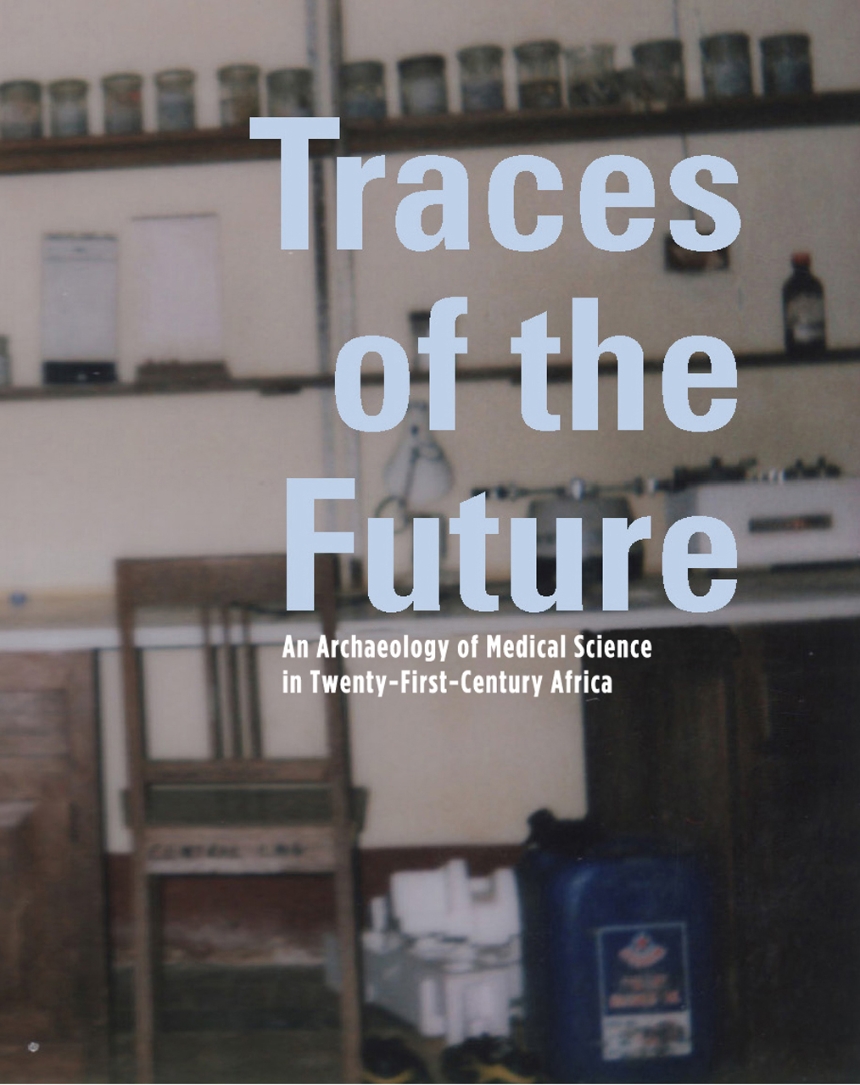This book presents a close look at the vestiges of twentieth-century medical work at five key sites in Africa: Senegal, Nigeria, Cameroon, Kenya, and Tanzania. The authors aim to understand the afterlife of scientific institutions and practices and the “aftertime” of scientific modernity and its attendant visions of progress and transformation. Straightforward scholarly work is juxtaposed here with altogether more experimental approaches to fieldwork and analysis, including interview fragments; brief, reflective essays; and a rich photographic archive. The result is an unprecedented view of the lingering traces of medical science from Africa’s past.

